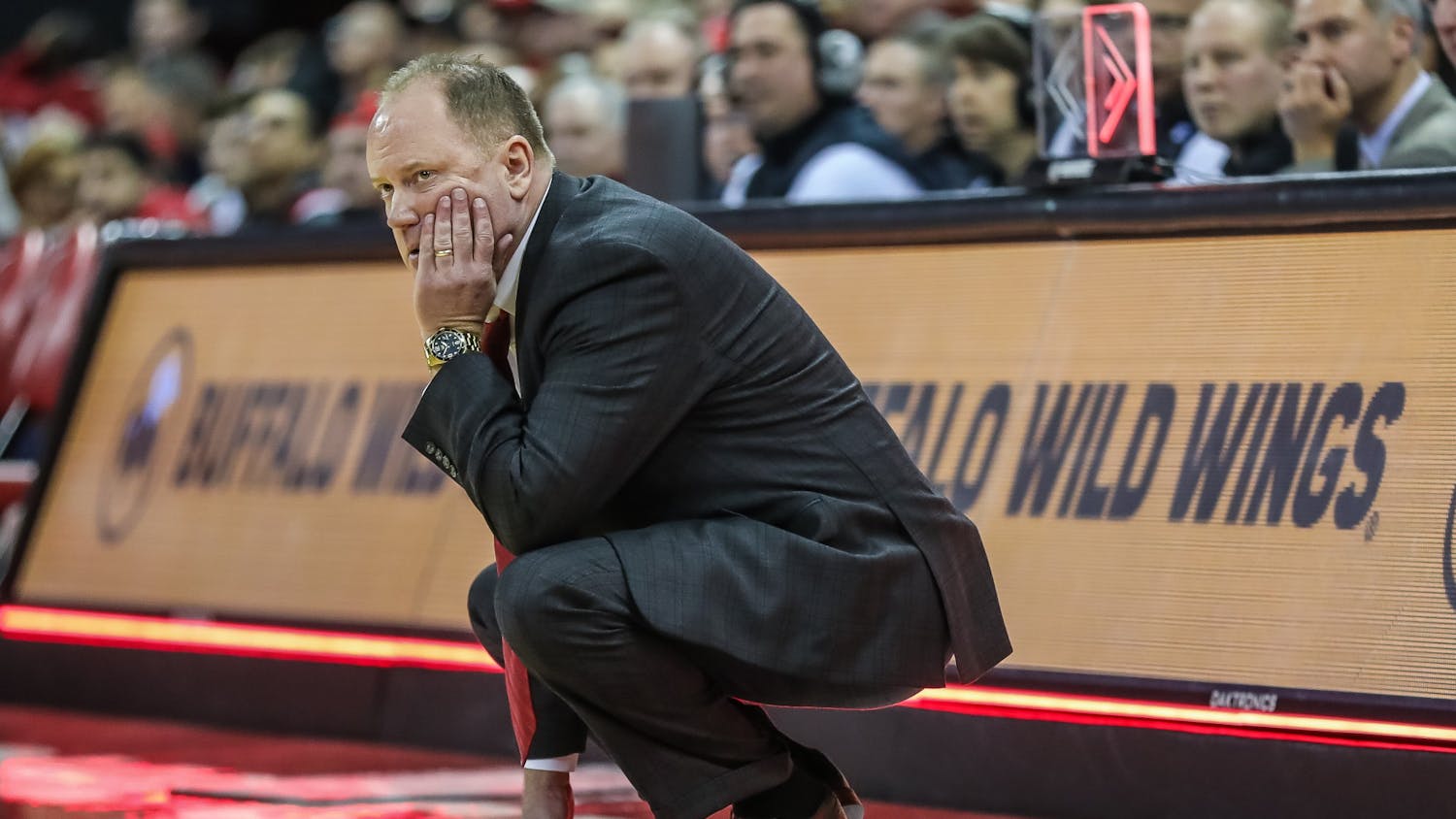So, another summer’s come and gone, and there are two films I really want to talk about: “Guardians of the Galaxy” and “The LEGO Movie” (which wasn’t actually a summer film but whatever, it’s my column).
What do these two films have in common, you may well ask? Besides starring Chris Pratt and making just obscene amounts of money, they both very much work in the realm of referential, convention-based filmmaking and self-aware storytelling that has begun to rear its head more frequently in major Hollywood films (especially in this, the Age of Whedon).
And not only do they take this same genre-savvy approach to their stories, but they do so in ways that are totally, functionally distinct, and that are sort of emblematic, for me, of both the right and the wrong way to tell hyper-referential, convention subverting stories.
Before you get the wrong idea, I really liked “Guardians of the Galaxy.” I did. The world it built felt original and new (as much as an adaptation can), it had some of the funniest lines of any film in recent memory, and it had a blue, telepathic arrow-wielding space pirate who thought he was in “Deliverance.” I mean, that’s just cool.
But when it came to actually dealing with the beats of a “standard” action film, its treatment of the genre’s conventions were, in a way, troublesome. For example, when Rocket comments that the group is just “standing in a circle like a bunch of jackasses” after their big “let’s go save the day” moment, yes it’s funny and self-aware and points out how ridiculous the “group of heroes standing around getting pumped up to go fight the bad guys” action trope is, but…that’s it.
It doesn’t rework the trope or do anything at all to change it. It walks straight into its own trap and then winks to the audience to let them know that it’s OK. It’s a move designed to convince the audience that it’s OK for them to be enjoying this “big dumb action movie,” because it knows exactly how big and dumb it is. Essentially, it’s trying to flatter the audience into forgiving the filmmaker(s) for making exactly the movie they think the audience wanted.
Which is a shame, because “Guardians of the Galaxy” isn’t that dumb and doesn’t need to pander and apologize for itself. Again using the “big damn heroes” example, the buildup to that moment had managed to be subversive and witty, but also packed some genuine emotion, which was somewhat undercut by Rocket’s little “wink wink, nudge nudge…isn’t this stupid?” sort of nod to the audience.
This, combined with the fact that the film’s dialogue seemed perfectly divided into the genuinely hilarious and original comedy that made the film a hit, and the most trite, purely functional lines hints at a tension between the film’s desire to break out of the “blockbuster” mold, and a fear of what will happen if they try.
So instead of having the gall to play a rather clichéd scene straight and trying to make it sincere and effective, they try to convince the audience that it’s fine to be clichéd as long as you know you are. In a way it’s the cinematic equivalent of the kid at school who’s terrified of not being liked, so they resort to self-depreciating humor to try and fit in rather than being themselves.
Contrast this with “The LEGO Movie,” which is nothing but wall-to-wall deconstruction (and yes, I think the “deconstruction/LEGO” thing is one giant film-sized pun). And in much the same way “Guardians” does, it uses this self-awareness to great comedic effect. But, and here’s the important part, it also transforms the conventions it’s working with, and imbues them with serious dramatic, emotional and thematic import in order to say something profound about storytelling.
Yes, it’s very funny that Emmet makes a perfect “Special” because his head is totally empty and he’s so nondescript; it’s also a very real breakdown of the Luke Skywalker style archetype at the center of every “hero’s journey” and, therefore, a huge chunk of mainstream films. And over the course of the film, this idea is taken apart, examined from every angle and most importantly treated with the seriousness that an idea as big as “the way we tell stories and why” deserves by making it the foundation of the entire film.
Calling “The LEGO Movie” serious feels a little ridiculous, so let me clarify. I’m not saying the film isn’t funny, or brilliantly entertaining, or lighthearted or whatever other synonym you’d like. I’m saying that it’s able to be all those things and also a very insightful look at the way storytelling affects us, the reasons it does, why we tell stories in the first place, all these incredibly important things, because it doesn’t just try to impress the audience with how genre savvy and self-aware it is; it actively works to help us understand the conventions it’s working with.
All this is exploded, underlined, recontextualized and reinvented in the film’s third act leap to “reality.” If you hadn’t already accepted the film as dealing seriously in resonant, important filmmaking, the directors laid a second, even more strongly felt story on top of the first, crafting deep thematic, dramatic and emotional bonds between the two in a formally daring leap of faith. In doing so, it doesn’t just elevate its exploration of storytelling; it engages in a bold, innovative new way of telling a story in and of itself. And it does all that in about two minutes. In a film that’s ostensibly for kids.
So, here’s the point. Every single aspect of the way we tell stories is important. And when a film (or any piece of media) draws attention to these aspects, it’s bringing this importance to the foreground. In the case of “The LEGO Movie,” this means emphasizing the importance of understanding that every single story is valuable, none more than any other, and that a myriad of different stories is absolutely required to provide a context, and therefore meaning, for any single story.
Which is a pretty fundamental idea, but incredibly important. And it’s able to get this message to kids in a direct way by having fun with its self-awareness without forgetting to take these ideas seriously.
Next to this emphasis on the importance of every possible story being told, “Guardians’” approach to its own storytelling seems to be “play it safe, don’t take it too seriously, and nothing should go wrong.” Or, put another way, “you can tweak things here and there, but there is one story to tell.”
Again, it’s not that I didn’t like “Guardians of the Galaxy.” I just wish it felt comfortable enough to be itself.
Believe “Guardians of the Galaxy” could have taken a page from “The LEGO Movie?” Email Austin your opinion at wellens@wisc.edu






